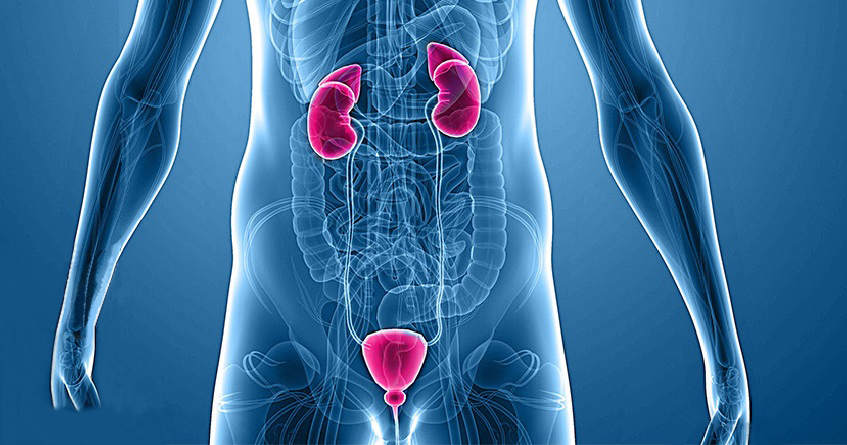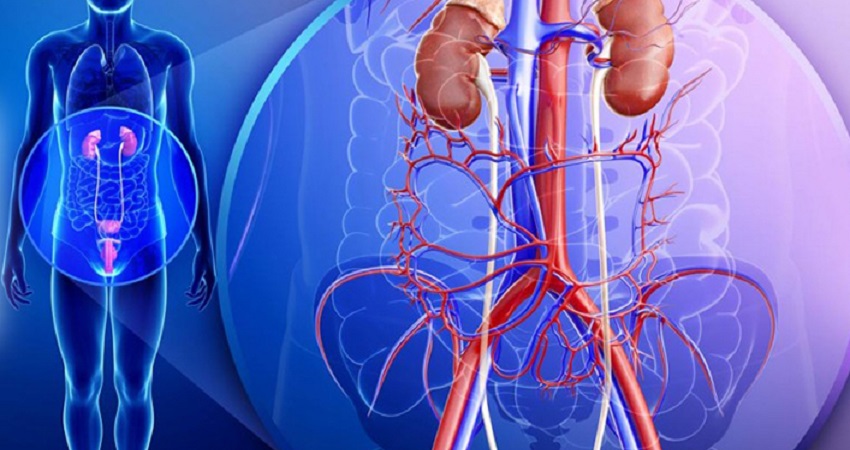Uro Surgery
Urology is a surgical speciality that deals with the treatment of conditions involving the male and female urinary tract and the male reproductive organs.
The disorders that may be treated by urologists include those involving the kidneys, the ureters (tubes connecting the kidneys to the bladder), the adrenal glands, the bladder and the urethra (the tube that passes urine out of the body from the bladder)
In males, a urologist may also treat conditions of the testes, epididymis, vas deferens, seminal vesicles, prostate and penis. The field of urology involves the medical management of conditions such as urinary tract infection and prostate enlargement through to the surgical management of conditions such as bladder cancer, prostate cancer, kidney stones and stress incontinence
Minimally invasive urological surgery
Minimally invasive urological surgery is a type of surgery to correct urological issues that requires much less trauma to the patient. By performing procedures laparoscopically (through small keyhole incisions), robotically (with the aid of a robot), or even through a single-port.
5 Commonly Test Performed
You are dealing with an infection or experiencing problems with your prostate, there are 5 diagnostic tools commonly used in a urologist's office:
Blood Test
Several blood tests are useful to the urologist in order to determine the health of the urinary system. Some of the more commonly performed tests are the PSA, creatinine, BUN and testosterone.
The PSA is a test that helps to detect prostate cancer. The creatinine and BUN help assess kidney function. Testosterone is important when evaluating male erectile dysfunction. Several different blood tests are performed when evaluating infertility
Urine Test
Urine cultures are used to see if there are any bacteria in a urine sample. The test is done in a laboratory to isolate the type of bacteria causing an infection. Sensitivity tests are performed on the culture growth to see which antibiotics will most likely kill the bacteria to clear up the infection.
24-hour urine tests collect all of the urine you expel within a 24-hour period to check if substances like sodium, potassium, proteins, and hormones are within the normal range expected in people with healthy kidneys.
Semen Analysis
Semen analysis is done as a first step in determining male infertility. A laboratory technician examines the semen sample for the presence of sperm and the motility and quality of the sperm. A semen analysis is also done after a vasectomy to determine if the procedure has successfully eliminated sperm from the ejaculate.
X-ray
Many different x-ray studies may be prescribed to diagnose conditions of the urinary tract. Some of the more commonly performed x-ray studies are a KUB, an IVP and a VCUG. These x-rays may be performed in the office or in another radiology facility. KUB is a simple x-ray of the kidneys, ureters and bladder.
UltraSound
Ultrasound is an imaging tool that is often used in the urology office to examine the kidneys, the bladder, the prostate and the testicles. It helps the urologist diagnose many conditions such as tumors, cysts, stones, kidney enlargement and abnormal movement of the bladder and urethra.
CT Scan
CT stands for "computerized tomography" and is an x-ray technique that is much more sensitive than regular x-ray. It helps diagnose a variety of urologic disorders, such as stones, tumors and cysts.

